In the fast-paced world of fitness and athletics, the latest trend sweeping the sporty scene is none other than intermittent fasting. Athletes everywhere are ditching traditional meal schedules in favor of restricting their eating windows to certain hours of the day. But is this trend really all it’s cracked up to be, or is it just another fad that’ll leave us hangry and longing for a burger? Let’s break down the pros and cons of intermittent fasting for athletes, because let’s face it, who has time to constantly be eating when there are gains to be made and games to be won
Contents
- 1 Potential Benefits of Intermittent Fasting for Athletic Performance
- 2 Impact of Intermittent Fasting on Muscle Gain and Fat Loss
- 3 Considerations for Timing and Duration of Fasting Periods for Athletes
- 4 Effects of Intermittent Fasting on Energy Levels and Endurance
- 5 Potential Risks and Drawbacks of Intermittent Fasting for Athletes
- 6 Nutritional Strategies to Support Athletic Performance while Intermittent Fasting
- 7 Key Takeaways for Athletes Considering Intermittent Fasting as Part of Their Training Regimen
- 8 FAQs
- 9 —
- 10 Time to Feast or Fast?
Potential Benefits of Intermittent Fasting for Athletic Performance
So you’ve heard about this trendy new thing called intermittent fasting, but did you know it could actually level up your athletic performance? That’s right, forget about chugging protein shakes and carb-loading before a big game – intermittent fasting might just be the secret weapon you’ve been looking for.
One potential benefit of intermittent fasting for athletic performance is increased fat burning. When your body is in a fasted state, it switches from using glucose as its primary fuel source to burning fat instead. This can help improve your body composition and increase your overall endurance during workouts or competitions.
Not to mention, intermittent fasting can also help with muscle preservation. Contrary to popular belief, fasting doesn’t automatically mean your muscles are going to waste away. In fact, intermittent fasting can actually help stimulate muscle growth hormone production, leading to improved muscle recovery and growth.
And let’s not forget about the mental clarity and focus that can come with intermittent fasting. When you’re not bogged down by a heavy meal, your mind is free to concentrate on the task at hand – whether that’s hitting a new PR or dominating the competition on the field.

Impact of Intermittent Fasting on Muscle Gain and Fat Loss
So, you’re thinking about trying intermittent fasting to help with your muscle gain and fat loss goals? Well, you’ve come to the right place! Let’s break down the impact of this trendy eating pattern on your gains and losses.
First off, when it comes to muscle gain, intermittent fasting can actually be quite beneficial. By giving your body a break from constantly digesting food, you allow it to focus on repairing and building muscle instead. Plus, when you do eat, your body becomes more efficient at utilizing nutrients, which can help with muscle growth. So, get ready to see some serious gains at the gym!
Now, onto the topic of fat loss. With intermittent fasting, your body enters a state of ketosis, where it starts burning fat for fuel instead of glucose. This can result in faster fat loss, making those stubborn love handles disappear in no time. Plus, by restricting your eating window, you naturally consume fewer calories, which can also contribute to weight loss.
In conclusion, intermittent fasting can have a big impact on both muscle gain and fat loss. Just remember to listen to your body, fuel it with nutrient-dense foods during your eating window, and keep up with your workouts. Before you know it, you’ll be seeing some serious gains in the mirror!
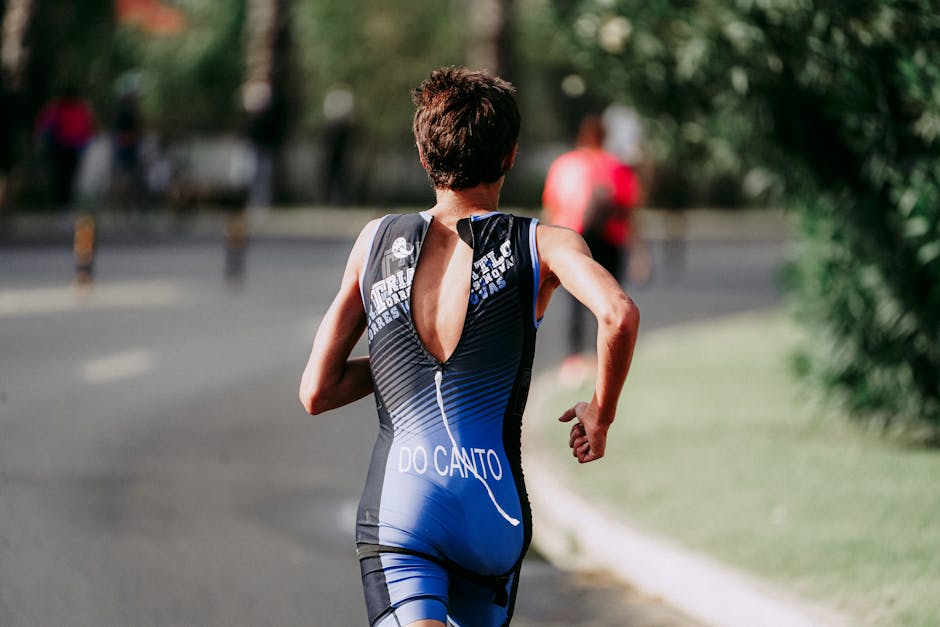
Considerations for Timing and Duration of Fasting Periods for Athletes
When it comes to timing and duration of fasting periods for athletes, there are a few key things to keep in mind to ensure optimal performance on and off the field. Let’s break it down, shall we?
First off, it’s important to consider the timing of your fast. **You don’t want to fast right before a big game** – unless you want to be known as the athlete who collapsed from lack of food mid-sprint. Instead, try to schedule your fast between training sessions or on rest days to give your body time to recover and refuel.
Next, let’s talk duration. **A 24-hour fast might sound tempting for a quick cleanse, but for athletes, it’s a recipe for disaster**. Your body needs consistent fuel to perform at its best, so stick to shorter fasting periods like 12-16 hours max. This way, you can still reap the benefits of fasting without sacrificing your energy levels.
Remember, every athlete is different, so what works for one may not work for another. Experiment with different fasting schedules and durations to find what works best for you and your performance goals. And most importantly, listen to your body – if you’re feeling weak or lightheaded, it’s probably a sign that your fasting period is impacting your athletic performance. Be smart, be strategic, and above all, eat your damn carbs.

Effects of Intermittent Fasting on Energy Levels and Endurance
Are you tired of feeling sluggish and lethargic throughout the day? Maybe you should consider trying intermittent fasting! This trendy dieting method has been shown to have a significant impact on energy levels and endurance.
By giving your body designated periods of time to rest and recover, intermittent fasting allows your energy levels to stabilize and your endurance to increase. Say goodbye to those mid-afternoon slumps and hello to a newfound sense of vitality!
When you fast intermittently, your body enters a state of ketosis, where it begins to burn fat for energy instead of glucose. This process not only helps you shed those extra pounds but also gives you a sustainable source of energy to keep you going throughout the day. Talk about a win-win!
So why not give intermittent fasting a try and see how it can transform your energy levels and endurance? With a little dedication and a lot of determination, you’ll be feeling like a supercharged Energizer bunny in no time!
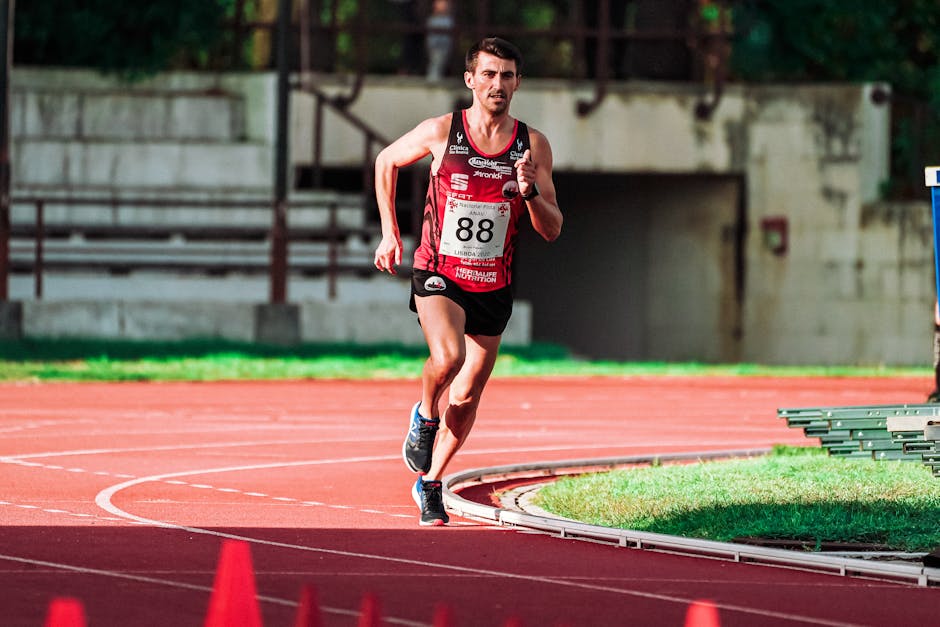
Potential Risks and Drawbacks of Intermittent Fasting for Athletes
So, you’re considering trying out intermittent fasting to boost your athletic performance, huh? Before you dive headfirst into this trendy dieting craze, let’s take a look at some of the potential risks and drawbacks that come with it.
First and foremost, let’s talk about energy levels. As an athlete, you need all the energy you can get to crush those workouts and competitions. With intermittent fasting, you may experience fluctuating energy levels throughout the day, making it harder to perform at your peak. Say goodbye to those killer sprint times and hello to a sluggish workout.
Another potential drawback of intermittent fasting for athletes is muscle loss. Your muscles need a constant supply of nutrients to repair and grow, and restricting your eating window may not provide them with the necessary fuel. You might find yourself losing muscle mass instead of gaining that coveted strength and power.
Lastly, let’s not forget about the dreaded “hangry” side effects of intermittent fasting. As an athlete, you already have a short fuse when it comes to hunger. Add intermittent fasting into the mix, and you’re practically a ticking time bomb. Your teammates better watch out!
Nutritional Strategies to Support Athletic Performance while Intermittent Fasting
So you’ve decided to dive into the world of intermittent fasting to boost your athletic performance, but you’re not sure how to fuel your workouts effectively. Don’t worry, we’ve got you covered with some hilarious yet helpful nutritional strategies!
One great way to support your athletic endeavors while intermittent fasting is to focus on nutrient-dense foods during your eating window. Think lean proteins, complex carbohydrates, and healthy fats. Remember, you’re not just eating to fill your stomach, you’re eating to fuel your workouts and recovery.
Another tip is to time your meals strategically around your workouts. Consider breaking your fast with a small meal or snack that includes a good balance of carbs and protein. And don’t forget to hydrate! Water is your best friend, both during your fasting period and when you’re chugging along during a tough workout.
Lastly, listen to your body. If you notice a drop in performance or energy levels while intermittent fasting, it may be time to reevaluate your approach. Remember, there’s no one-size-fits-all solution when it comes to nutrition and athletic performance. Experiment, have fun, and don’t be afraid to adjust your strategy based on how your body responds.
Key Takeaways for Athletes Considering Intermittent Fasting as Part of Their Training Regimen
So you’re thinking about jumping on the intermittent fasting bandwagon to level up your athletic performance, huh? Here are some key takeaways to consider before you take the plunge:
- Crank up your hydration game. Fasting can lead to dehydration, so make sure you’re chugging that H2O like it’s your job. Who knows, maybe you’ll even break a sweat doing it!
- Listen to your body. If you’re feeling weak or fatigued during your workouts, don’t push through it like a stubborn mule. Give your body the fuel it needs to perform like the badass athlete you are.
- Get your grub on during your eating window. I’m talking about nutrient-dense foods that will help you crush your fitness goals. And no, Oreos and pizza rolls don’t count (unfortunately).
Remember, intermittent fasting isn’t for everyone. If you’re constantly hangry or feel like you’re going to bite someone’s head off, maybe it’s not the best idea for you. But hey, if you can handle the hunger pangs and reap the benefits, more power to you, champ!
FAQs
What are the benefits of intermittent fasting for athletes?
Intermittent fasting can help athletes improve their metabolism, increase fat burning, and optimize hormone levels for better performance. Plus, it can make meal planning simpler and save time – more time for those epic training sessions!
Are there any drawbacks to intermittent fasting for athletes?
While intermittent fasting can be great for some athletes, it may not be suitable for everyone. Some athletes may struggle with energy levels during fasted workouts or find it difficult to consume enough calories in a smaller eating window. It’s essential to listen to your body and adjust your fasting schedule accordingly.
How should athletes structure their fasting and eating windows?
The ideal fasting and eating windows can vary from athlete to athlete, depending on their training schedule, goals, and personal preferences. Experiment with different fasting and eating windows to find what works best for you. Just remember, it’s essential to stay flexible and listen to your body’s cues.
Can intermittent fasting help with weight loss or muscle gain for athletes?
Intermittent fasting can be a useful tool for athletes looking to manage their weight, whether they’re trying to shed a few pounds or pack on some muscle. By controlling when you eat, you can better control your calorie intake and optimize nutrient timing for workouts. Just be sure to fuel your body properly before and after intense training sessions!
What are some tips for athletes looking to try intermittent fasting?
If you’re thinking about giving intermittent fasting a try, start slowly and gradually ease into a fasting routine that works for you. Stay hydrated, prioritize nutrient-dense foods during your eating window, and be mindful of how your body responds to fasting. And hey, don’t forget to enjoy the benefits of simplified meal planning and extra time for training – intermittent fasting just might be your secret weapon!
—
Time to Feast or Fast?
And there you have it, folks! The ultimate rundown of the pros and cons of intermittent fasting for athletes. Whether you’re fueled by feasting or thrive on fasting, it’s all about finding what works best for your body and performance goals. Just remember, no matter what approach you take, moderation is key (unless you’re carb loading before a big race, of course).So go ahead, experiment with your eating schedule, listen to your body, and keep crushing those workouts like the athletic beast you are. Happy feasting, fasting, and fitness-ing, my friends!


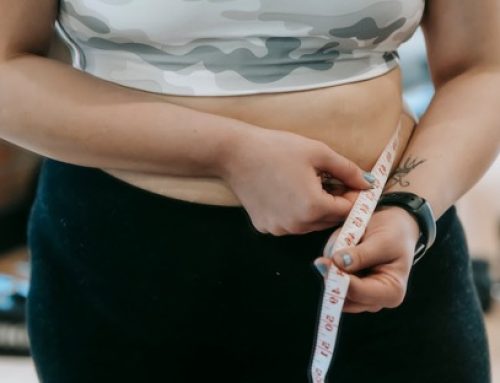
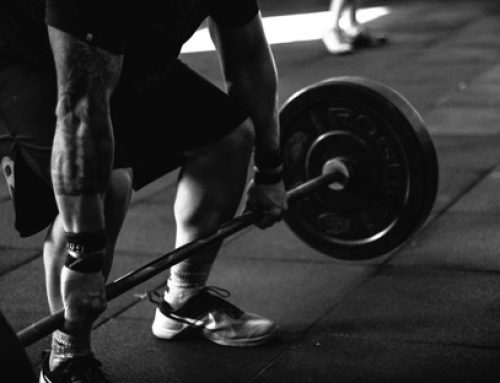
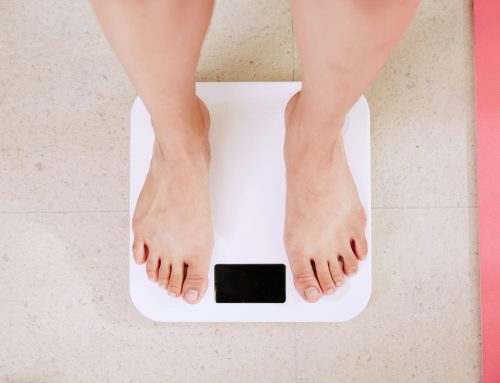

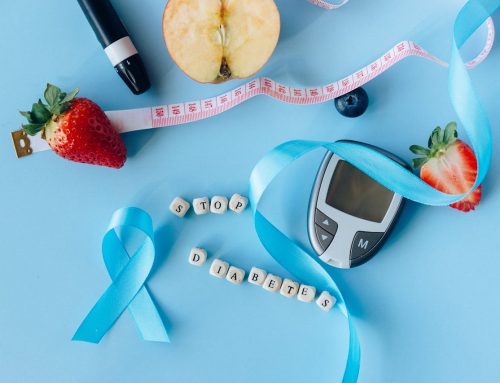
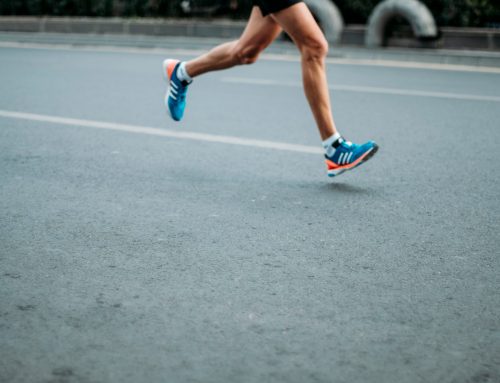
Leave A Comment